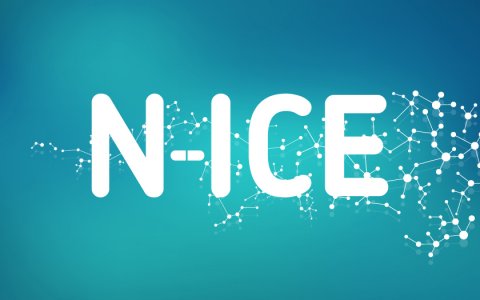Recruitment open for the N-ICE trial: Can NAC help people who are addicted to ‘ice’?
Recruitment has begun for a clinical trial that will establish whether N-Acetyl-Cysteine, or “NAC”, can help people reduce their methamphetamine (ice) use.
The N-ICE Trial is a randomized controlled double blind trial being led by the National Drug Research Institute at Curtin University, in collaboration with Deakin University, Monash University, the University of Wollongong, the University of Newcastle, La Trobe University and the Burnet Institute.
The trial is being run in Wollongong, Geelong and Melbourne, with 180 people being recruited who are interested in reducing their methamphetamine use.
NAC is a promising non-agonist pharmacotherapy for methamphetamine dependence. It is a glutamatergic agent that helps restore homeostasis to brain systems compromised in addiction.
Lead researcher Associate Professor Rebecca McKetin explains that the effects appear to be generic across drug types, with reductions in craving having been demonstrated for methamphetamine, cocaine, tobacco and cannabis.
The N-ICE Trial will determine whether this potential to reduce craving for methamphetamine can translate into a meaningful reduction in methamphetamine use.
There are currently no approved pharmacotherapies for methamphetamine. NAC is a generic medication with a well-established safety profile that can be delivered as a prescribed take-home medication, making it a potentially scalable and cost-effective treatment option.
NAC has particular potential for methamphetamine dependence because of its multiple actions, which aid in the management of comorbid psychiatric symptoms and which protect against methamphetamine neurotoxicity. The team will be investigating whether NAC has any benefits for psychiatric symptoms experienced by people who use methamphetamine.
The N-ICE trial is the first randomized controlled clinical trial to test the efficacy of NAC in reducing methamphetamine use. The results will provide information on the potential of NAC as a clinical agent in the treatment of addiction.
The N-ICE trial will be recruiting over the next 18 months, with results expected in 2020. More information about the trial, including who to contact about participation, can be found at www.nicetrial.info.












